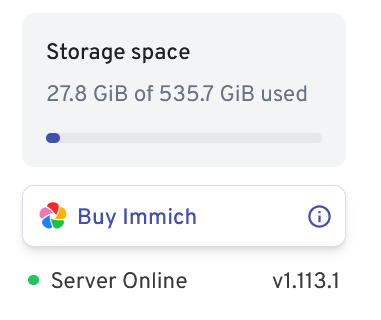Hey there, Vikunja founder here ![]()
I’m currently in the process of figuring out a reliable way to monetize Vikunja. Mostly because I’ll finish my degree soon and after that I won’t have as much time to focus on Vikunja as I do now, because I’ll be working a day job. Vikunja is a passion project for me and I would love to keep it going. It has already developed beyond what I thought it could become.
That being said, it needs to generate money for me to be able to continue working on it in a meaningful way.
Currently, the Cloud version and donations cover the expenses of running the project and a bit more, but are not enough to pay an industry-level salary.
My current plan is to launch additional features via a “Vikunja Enterprise” add-on, similar to cal.com, Baserow, Mattermost, GitLab and countless others.
I plan to add additional features, you will not need to pay for the current feature set of Vikunja.
Here’s what I have in mind for the first variant:
- More granular permission system
- Audit logs
- Admin panel
- Time tracking
These features are aimed at companies who get value out of Vikunja and have the means to pay for it - also in the interest of keeping the project alive so that it will be around for a while. Yes it is open-source, so theoretically someone could continue to maintain it should I go away, but in practice, it’s a lot easier to pay a (small) amount and have it maintained for you rather than getting your hands dirty yourself.
Nothing is set in stone yet, and I don’t want to present the community a fait accompli. I think it’s in your interest as well to ensure the long-term sustainability of Vikunja.
I’m still figuring out the pricing, but it will be reasonably priced. There will also be some kind of discount for non-profits.
I’m posting this to get your feedback and thoughts on it. If you don’t want to share it publicly, I’m also available at konrad@vikunja.io.
